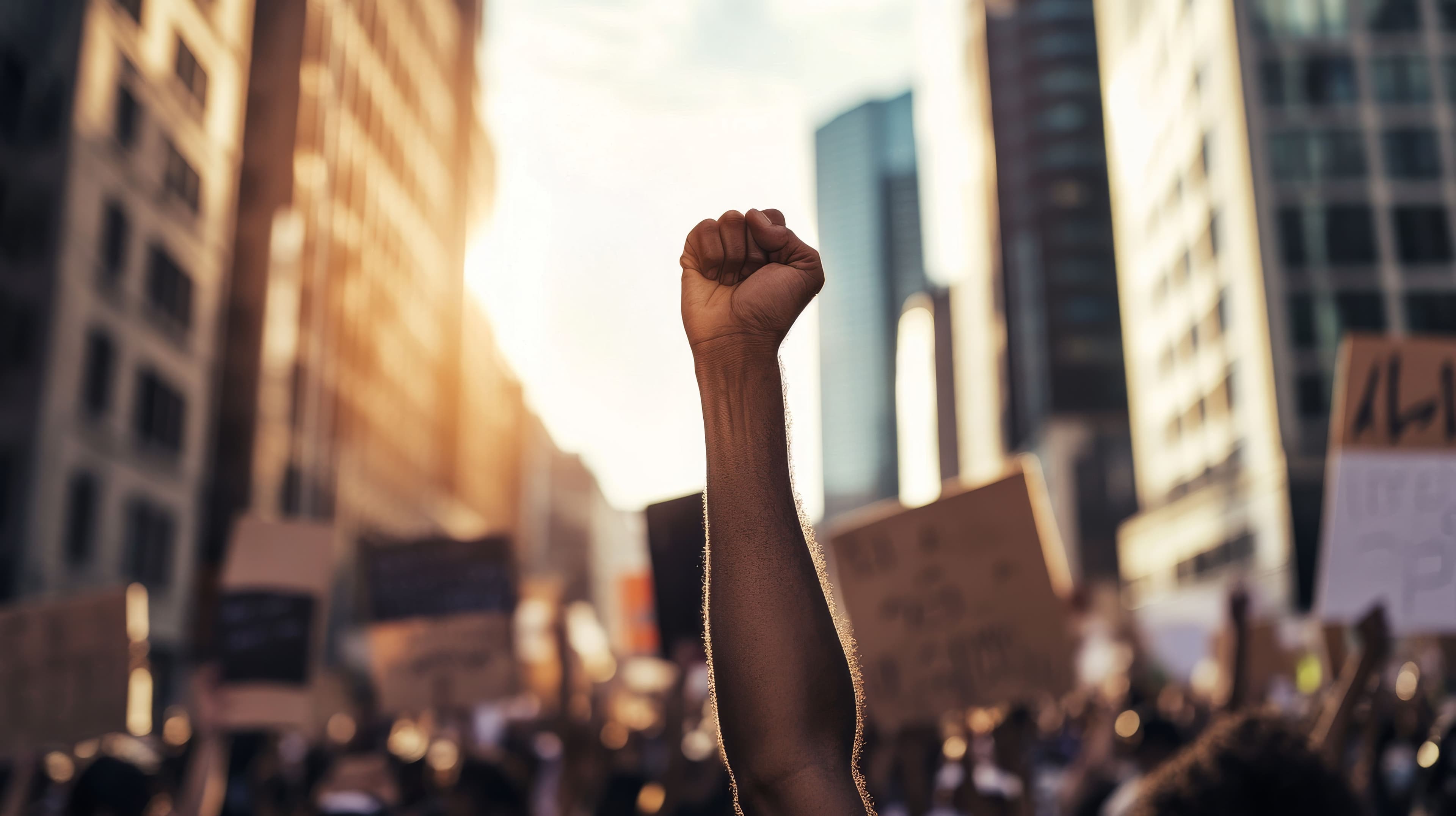Upholding Civil Rights: Confronting Discrimination, Unlawful Arrests, and Police Misconduct
Civil rights are the cornerstone of a just and democratic society, safeguarding individuals from arbitrary and discriminatory treatment by authorities and institutions. Despite legal safeguards and historical progress, violations of these fundamental rights persist, particularly in areas such as discrimination, unlawful arrests, and police misconduct. These issues not only affect individuals directly involved but also erode public trust in the justice system.

The Legacy and Law of Civil Rights
Civil rights are rooted in the principle that all individuals are entitled to equal protection under the law. In the United States, key legal instruments such as the Civil Rights Act of 1964, the Fourth and Fourteenth Amendments to the Constitution, and various state statutes provide the framework for challenging civil rights violations. These laws prohibit discrimination based on race, gender, religion, national origin, and other protected characteristics. Moreover, they guard against abuse of power by law enforcement and government officials.
Discrimination: A Persistent Injustice
Despite legal prohibitions, discrimination remains deeply entrenched in many areas of public and private life. Racial profiling, unequal access to education and employment, and housing discrimination are just some examples of systemic inequality that continue to plague marginalized communities. Victims often face significant barriers in seeking redress, including lack of resources, fear of retaliation, and institutional bias.

Unlawful Arrests: A Breach of Freedom
An unlawful arrest—detaining an individual without probable cause or due process—is a direct violation of the Fourth Amendment. These arrests can have devastating consequences, ranging from emotional trauma and reputational damage to job loss and prolonged detention. In many cases, individuals are arrested based on flimsy or fabricated evidence, often influenced by racial bias or socioeconomic status. The legal system’s response to such violations is frequently slow and insufficient, further compounding the harm inflicted.
Police Misconduct and the Need for Reform
Police misconduct encompasses a range of actions, including excessive force, coercion, racial profiling, and abuse of authority. High-profile cases in recent years have shed light on the urgent need for reform within police departments nationwide. Body camera footage, civilian oversight boards, and calls for increased transparency have led to some progress, but systemic change remains elusive. Qualified immunity—a legal doctrine that shields public officials from liability in many civil rights cases—continues to be a major obstacle to accountability.
Demand for Accountability and Structural Change
Addressing civil rights violations requires more than individual lawsuits; it necessitates a structural overhaul of the systems that allow these abuses to persist. This includes reforming policing practices, strengthening oversight mechanisms, and investing in community-based alternatives to incarceration and law enforcement. Legal advocacy, grassroots activism, and public policy reform must work in tandem to ensure that civil rights are not merely theoretical but are actively protected and enforced.
Contreras Law Firm: Advocating for Civil Rights
Contreras Law Firm, with offices in San Diego, California, and Columbus, Ohio, is committed to advocating for individuals whose civil rights have been violated. The firm specializes in various practice areas, including civil rights, personal injury, wrongful death, and criminal defense. Their experienced attorneys work diligently to hold accountable those who infringe upon the rights of others, seeking justice for victims of unlawful actions.
In San Diego, the firm offers services in civil litigation, family law, real estate litigation, surrogacy law, domestic violence, international litigation, corporate formation, and bankruptcy. In Columbus, the firm provides expertise in corporate, business, general practice, insurance law, litigation, product liability law, employment and labor, discrimination, and wrongful termination.
Conclusion
Civil rights are not optional privileges—they are essential protections that uphold the dignity, freedom, and equality of every person. Discrimination, unlawful arrests, and police misconduct are not isolated incidents; they are symptoms of deeper institutional failings. It is the responsibility of society as a whole—lawmakers, courts, communities, and individuals—to confront these injustices head-on and to commit to a future where civil rights are truly respected and upheld for all.
Mais de $150 Milhões em Compensação para Clientes